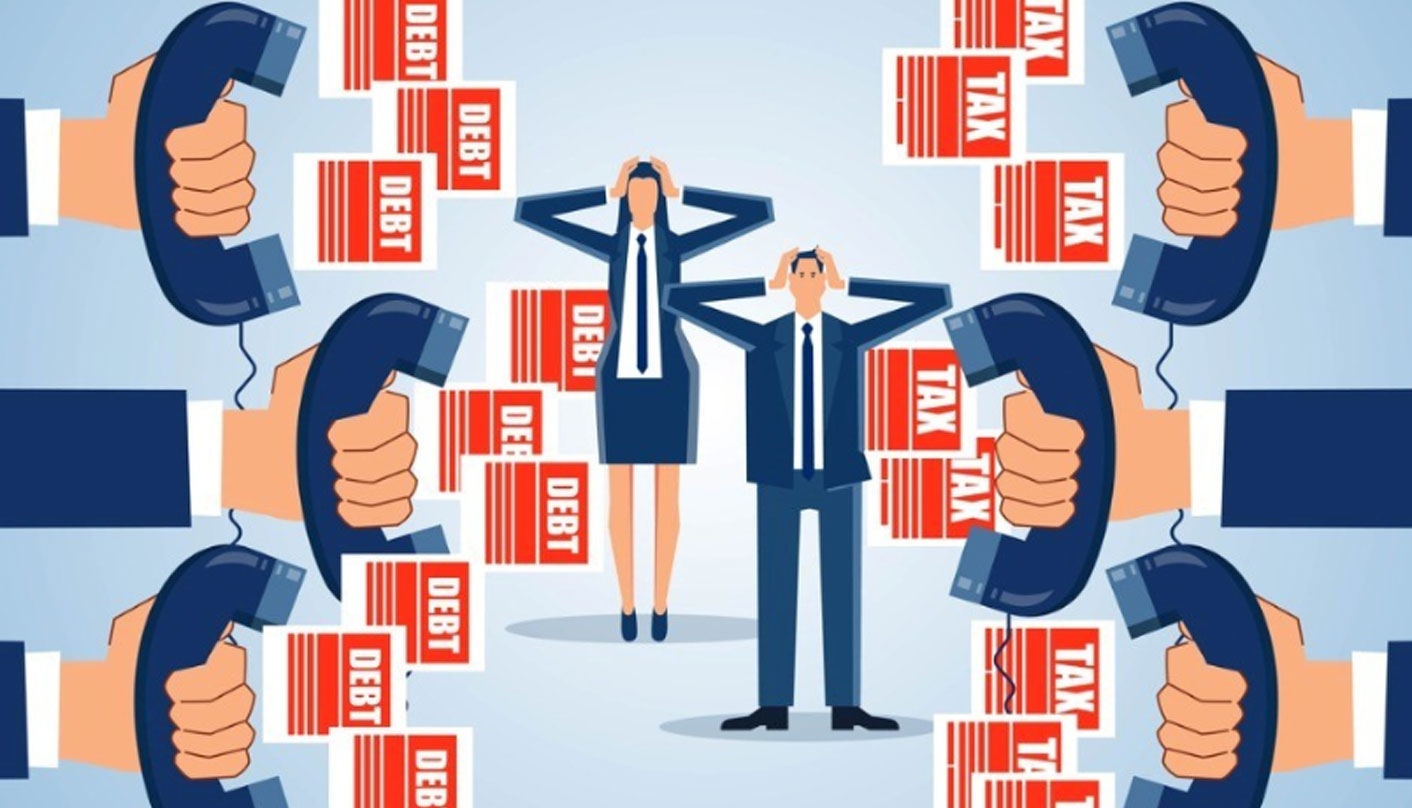Some companies and loan providers specifically target people in vulnerable situations, offering what seems like quick financial relief but ultimately leaving borrowers worse off than before. It’s no surprise that predatory lenders get their negative reputation from . . . practices that are harmful, deceptive, and designed to trap people in long-term debt.
This article will explain exactly what makes predatory lenders so dangerous, the common tactics they use, and how you can protect yourself and your loved ones from falling into their traps.
What Are Predatory Lenders?
Predatory lenders are financial businesses or individuals that offer loans with unfair, abusive, or deceptive terms. These lenders often target people who are financially stressed, have poor credit, or lack access to traditional banking services. Their loan offers may look appealing at first glance — quick cash, no credit check, fast approval — but they’re designed to benefit the lender far more than the borrower.
Predatory lenders get their negative reputation from . . . exploiting people in tough times, using misleading tactics to hide high fees, outrageous interest rates, and harsh repayment terms.
Predatory Lenders Get Their Negative Reputation From . . . Common Tactics They Use
Let’s break down the harmful methods that make predatory lenders so infamous:
1. Charging Extremely High Interest Rates
Predatory lenders often charge interest rates far above what’s considered reasonable or fair. While a traditional personal loan might have an interest rate between 8% and 20%, predatory loans can carry rates as high as 300% or more — especially with payday loans and title loans.
Predatory lenders get their negative reputation from . . . preying on people’s desperation by offering loans with sky-high interest rates that make it nearly impossible to repay the original amount.
2. Hiding Fees and Costs in Fine Print
Another dangerous tactic is to hide additional fees deep in the loan agreement. These might include application fees, processing fees, early repayment penalties, or late payment charges that aren’t clearly explained upfront.
Predatory lenders get their negative reputation from . . . burying these costs in confusing or misleading paperwork, making it difficult for borrowers to know exactly what they’re agreeing to.
3. Targeting People in Financial Crisis
Predatory lenders don’t typically go after financially secure customers. Instead, they focus on people who have poor credit, low income, or emergency financial needs. These borrowers often feel like they have no other options, which makes them vulnerable.
Predatory lenders get their negative reputation from . . . actively seeking out people during moments of crisis, knowing that fear and urgency can cloud good judgment.
4. Trapping Borrowers in a Cycle of Debt
Once a borrower takes out a high-interest, fee-heavy loan, it often becomes difficult to pay it back in full. Many predatory lenders encourage or require borrowers to “roll over” or renew loans, adding more fees and interest with each extension.
Predatory lenders get their negative reputation from . . . keeping borrowers stuck in endless repayment cycles, where they continuously owe more than they originally borrowed.
The Impact of Predatory Lending
The harm caused by these unethical practices can be long-lasting. Borrowers often find themselves:
- Struggling to cover basic living expenses because of overwhelming loan payments
- Facing damaged credit scores due to missed or late payments
- Risking the loss of valuable property like cars (in the case of title loans)
- Experiencing stress, anxiety, and financial insecurity
Predatory lenders get their negative reputation from . . . leaving countless individuals and families in worse financial positions than before they borrowed.
How to Spot a Predatory Lender
Knowing the warning signs is the first step to protecting yourself. Be cautious of any lender who:
- Promises guaranteed approval without checking your credit history
- Pressures you to borrow more than you need or can afford
- Doesn’t clearly explain loan terms, fees, or repayment schedules
- Requires you to provide personal property, like a car title, as collateral
- Encourages you to renew or roll over your loan repeatedly
Predatory lenders get their negative reputation from . . . relying on these shady tactics to secure profits at the expense of vulnerable borrowers.
Safer Alternatives to Predatory Loans
If you find yourself in need of quick cash, consider these safer options before turning to a risky lender:
- Borrow from a credit union or reputable bank — They typically offer lower interest rates and clearer terms.
- Ask friends or family for a small loan — Many people would rather help than see a loved one fall into a financial trap.
- Explore nonprofit financial assistance programs — Some organizations offer emergency loans or grants for those in need.
- Negotiate with creditors — If you’re behind on bills, call your providers and ask for payment plans or temporary relief.
- Look into paycheck advances from your employer — Some workplaces offer this benefit without high fees.
How to Protect Yourself from Predatory Lending
- Read every loan agreement carefully — Don’t rush through the fine print. Know what you’re agreeing to before signing.
- Compare multiple loan offers — Don’t settle for the first option you find.
- Check the lender’s reputation — Look for reviews, complaints, and whether they’re licensed in your state.
- Avoid loans with extremely high interest rates or fees — If it sounds too risky, it probably is.
- Ask plenty of questions — A reputable lender will have no problem explaining all terms clearly.
Final Thoughts
At the end of the day, predatory lenders get their negative reputation from . . . deceptive practices that harm, exploit, and trap people during some of the hardest moments of their lives. It’s a reputation that’s well-earned, as these lenders prioritize profits over people, using misleading terms, unfair fees, and manipulative tactics to take advantage of borrowers in need.
By staying informed, recognizing the warning signs, and knowing your alternatives, you can avoid falling into these traps. Smart financial decisions today lead to a more secure, debt-free future tomorrow — and that’s something every person deserves.

